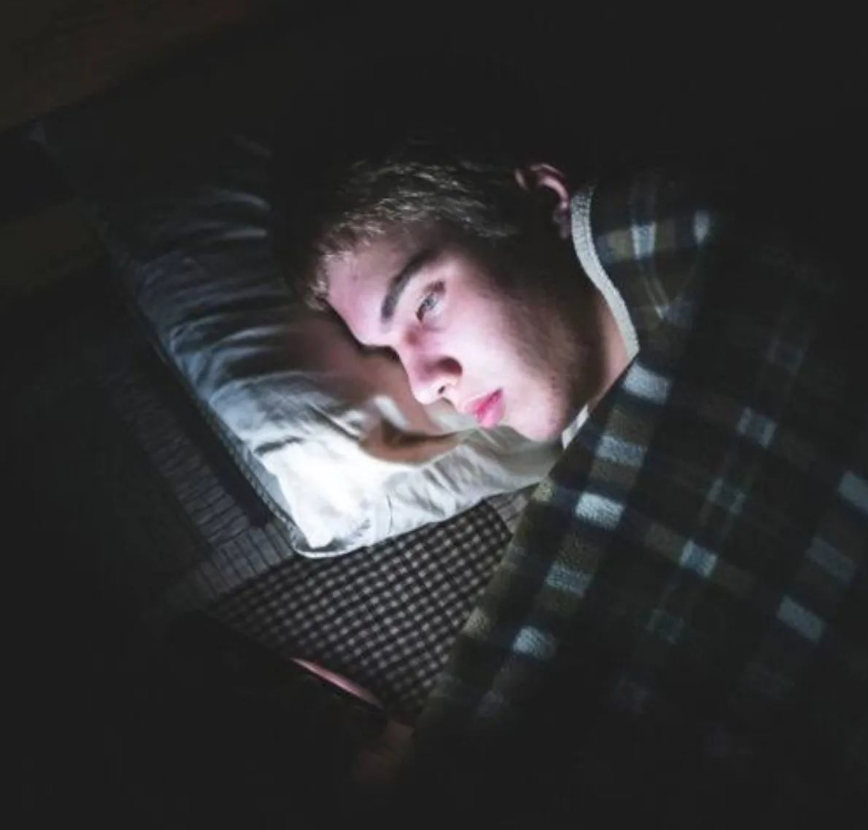Do you find yourself using your phone late at night and wondering if it’s affecting your sleep?
You’re not alone. Many people use their phones before bed, and some phones even have a “night shift” mode that claims to reduce the amount of blue light emitted by the screen. But does this feature really make a difference in your sleep quality?
Melatonin is a hormone that your brain produces in response to darkness. It helps with the timing of your circadian rhythms (24-hour internal clock) and with sleep. A 2018 study found that exposure to blue light from electronic devices can suppress the production of melatonin. Melatonin suppression was significantly greater after two hours of exposure compared to just one hour.
However, the study also found that the “night shift” mode on phones can help mitigate this effect. The study compared the melatonin suppression caused by blue light goggles, which had the most significant impact, to two different “night shift” interventions. One intervention used a high-correlated colour temperature (blue/white end of the spectrum), while the other used a low-correlated colour temperature (red/amber end of the spectrum).
The study found that while the “night shift” interventions did result in melatonin suppression, they were still effective in reducing the harmful effects of blue light on melatonin production. Interestingly, the melatonin suppression did not differ between the two “night shift” interventions, suggesting that both high and low-correlated colour temperature modes were equally effective.
While this study does suggest that using the “night shift” mode on your phone can help mitigate the negative effects of blue light on your sleep quality. It is still important to note that using electronic devices late at night can disrupt your sleep patterns, even with the “night shift” mode enabled. If you’re having trouble sleeping, it’s a good idea to limit your phone use before bed and create a relaxing bedtime routine to help you wind down.
